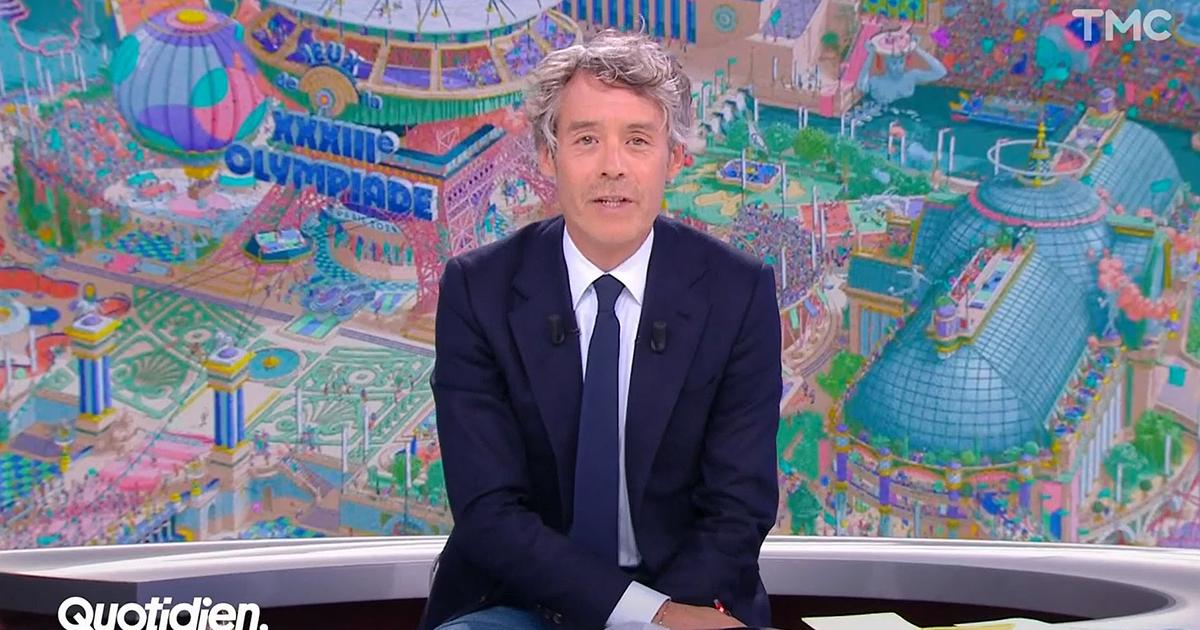There will be no burkini dips at Grenoble's municipal swimming pools next week.
An administrative court has stopped the authorization of the mayor of this city, considered the laboratory of the French left, to allow the controversial bathing suit in these public spaces from June 1.
Even so, and despite the fact that it is not a new controversy, the burkini has already dotted the entire national political debate.
Just two weeks before the legislative elections, it has become a more than uncomfortable garment for many politicians in a country where the defense of secularism is a frequent throwing weapon.
The controversy was served since, on May 16, the Grenoble mayor's office, in the hands of a left-wing majority headed by the environmentalist Éric Piolle, approved by a tight majority (29 votes in favor against 27 against) the new regulation of the swimming pools of the city that opened the door to the use of the burkini.
Immediately, the prefecture of Isère announced that it would go to court by order of the Minister of the Interior, Gérald Darmanin, considering that the regulations have the "manifest objective of giving in to communitarian demands", as those who seek promote the division of the French into ethnic or religious communities and, in particular, Muslim fundamentalists.
Piolle denies the accusations.
He recalls that, in the same change of rules that allows the burkini, going
topless
in swimming pools is also authorized.
And he affirms that allowing the burkini is a "feminist" fight, of "health" (because the new norm limits these garments to those made with bathroom material) and of "secularism", since the law does not prohibit the use of religious clothing in public space, and that includes swimming pools, he stresses.
But the administrative court of Grenoble does not see it so clearly.
The background —or the trap— is, according to the judges, in the formulation of the norm.
In general, and this is what most French municipalities have so far clung to in order to ban the burkini, French health rules prohibit the wearing of loose clothing in public swimming pools.
That is to say, a burkini is not allowed, but neither are men's swimsuits such as Bermuda shorts or, even, a swimsuit with ruffles.
The change in the rules in Grenoble allows the use of garments "not fitted to the body" as long as their length "does not exceed mid-thigh".
And that precision, considers the court, has a "religious purpose", allowing the burqa, which contravenes the principle of neutrality of the public service.
Only one French city accepts the burkini in public swimming pools: the Breton Rennes.
But the regulations were changed in 2018 not to allow the burkini, but to end the ban on the use of shorts - the authorities surrendered to their widespread use - and regulate clothing for diving in the pool,
the mayor of Le Monde told
Le Monde
. the city, the socialist Nathalie Appéré, who approved the changes with the support of Macronist councilors and who rejects any "instrumentalization attempt" of its regulations by Piolle.
While Minister Darmanin celebrated the decision as "excellent news", Mayor Piolle announced that he would appeal it to the Council of State, the highest administrative authority in the country and that, in the past decade, it revoked several local decrees that prohibited the burkini in the beaches of various parts of the country.
Le Pen calls for a definitive ban
Meanwhile, the controversy continues.
The far-right leader Marine Le Pen, candidate in the legislative elections on June 12 and 19 and for whom the burkini is an "Islamist propaganda outfit", the suspension of its use in Grenoble is not enough and has announced that her party will propose a law to “finally ban” the burkini”.
The deputy of The Republicans (LR) Éric Ciotti, who has already deposited a bill to ban the burkini in public swimming pools in the name of secularism, has gone ahead of him.
The president of LR, Christian Jacob, assured this Thursday that, after the June elections, his formation will work to “regulate by law” the use of the controversial garment and took the opportunity to attack the left, which is running for the elections under the coalition New Popular Ecological and Social Union (Nupes) led by the populist Jean-Luc Mélenchon.
"The Islamists want to conquer us and the left is today an accomplice to it," Jordan Bardella, president of the National Regroupment, Le Pen's party, agreed on France2.
The controversy bothers the Nupes.
Mélenchon has declared that he will not be "the first minister of swimming pools" and stresses that there are other more important issues on the agenda.
But the issue also divides their ranks.
Former Communist Party presidential candidate (and Nupes member), Fabien Roussel, called Grenoble's move a "victory of the fundamentalists."
The socialist and Nupes senator Laurence Rossignol lamented that Piolle is playing into the hands of the extreme right which she, she recalled, loves to campaign this type of controversy.
Elections aside, she considered, in France "there is a denial of what constitutes a religious offensive in the country" by political Islam and it is "a debate that the left will have to address at some point."
Actions like that of the burkini in Grenoble, she underlines, “do not help”.
Follow all the international information on
and
, or in
our weekly newsletter
.
Exclusive content for subscribers
read without limits
subscribe
I'm already a subscriber

/cloudfront-eu-central-1.images.arcpublishing.com/prisa/OTAZIM7UQ5TTCRA4JZPVWEVLTM.jpg)




/cloudfront-eu-central-1.images.arcpublishing.com/prisa/5TNTSA5XZILUI6RSDCDDJ6WP5U.jpg)


